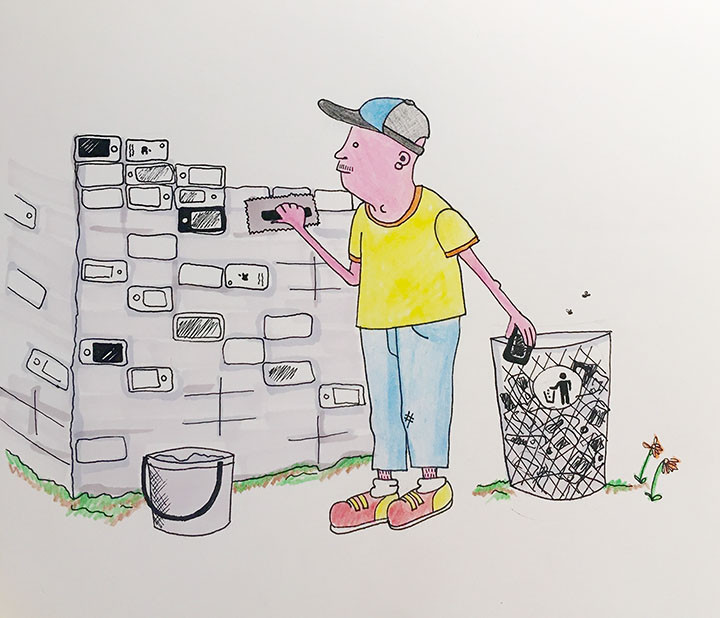Editorial
Concordia’s Plan for the Future
In May, Concordia created a new working group as part of its graduate Centre for Interdisciplinary Studies in Society and Culture—its focus: urban futures.
Futurology is the attempt to systematically explore predictions and possibilities about the future and how they can emerge from the present.
CISSC merges various faculties and topics, including sustainability, arts and culture, architecture and design, urban transformation, queer urbanism, and environmental humanism.
This initiative lines up with Concordia’s Strategic Research Plan, which was implemented in 2013 and includes a five-year plan to increase research capacity, intensity and knowledge mobilization.
According to the plan, the university plans to “differentiate our university’s contributions to the advancement of knowledge and greater good of Canadian society.”
_The Link_supports the urban futures working group, and Concordia’s goal to increase research capacity at the university. While we cannot know the outcome of this group’s research, nor do we see a clear goal, there are many positive aspects at this point in the process.
Concordia is funding research in more diverse and broader fields. Apart from the urban futures project, the CISSC has working groups on topics like critical disability studies, ethnography, feminism and controversial humour. Since 2007, the university has been funding these initiatives through the CISSC.
Providing opportunities for students to participate in unique and atypical fields of research as part of their academic career falls in line with our mandate—not only does it broaden social knowledge on these crucial issues, it provides a space for the marginalized to address topics that impact them in a more in-depth way.
It also offers a platform on which the students can present their work and experience to a larger demographic of society, which could later amount to social change.
One way to ensure that the research done by the urban futures working group is used for the benefit of communities would be to collaborate directly with community organizations in Montreal.
If community organizations can help create Concordia’s research priorities, then the university can put itself directly at the service of the city. This type of collaboration seems to be implied, but is not stated explicitly.
While it’s unclear whether this happened on purpose, however, the urban futures working group also complements Concordia’s “Embrace the City” strategy as part of its nine strategic directions, which was drafted in January 2016 and led by Deputy Provost Lisa Ostiguy.
The strategy focuses on community engagement, including municipal government, public institutions or businesses, community organizations and individuals.
Acknowledging that “Concordia can be an increasingly important and indispensable actor in the future of Montreal,” the study draft expresses interest in making Montreal a better place to live and work. Sounds like the administration is thinking about the future, too.
Community engagement has always been a priority for Concordia according to the strategy, and The Link supports this notion—as long as the university is actively and sustainably helping communities, and not exploiting for the sake of academic research.
Again, the strategy is very broad. What does embracing the city mean to Concordia administration? Of course, any university will have an impact on its host city, the question is whether that impact will be, or is constructive.
The urban future working group could represent a positive facet of Concordia administration’s goals in research and community engagement. But we won’t know whether it will bear fruit until the tree blooms.
Futurist ideas in particular are related to better social welfare and general progress in the long run. We support university engagement in these initiatives, but we wish they were available to undergraduate students, too.


_600_832_s.png)


web_600_375_90_s_c1.jpg)